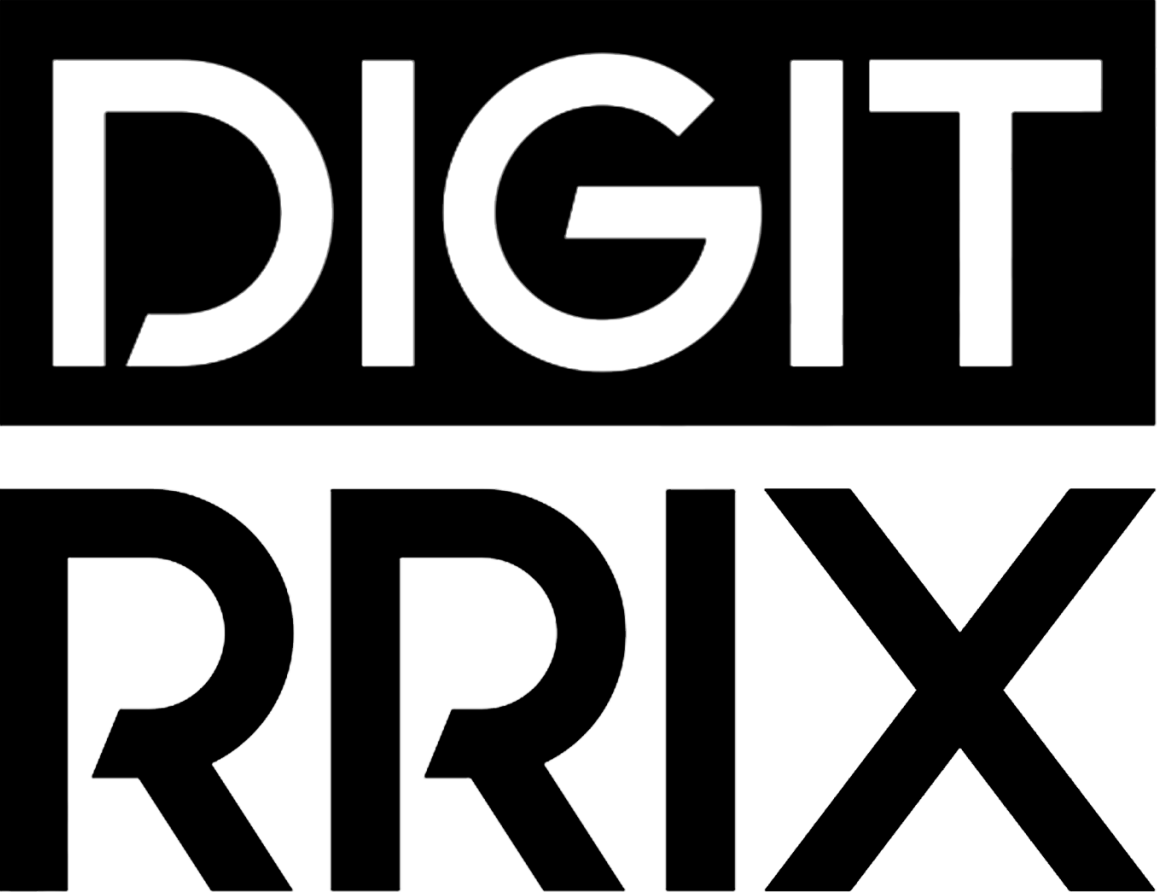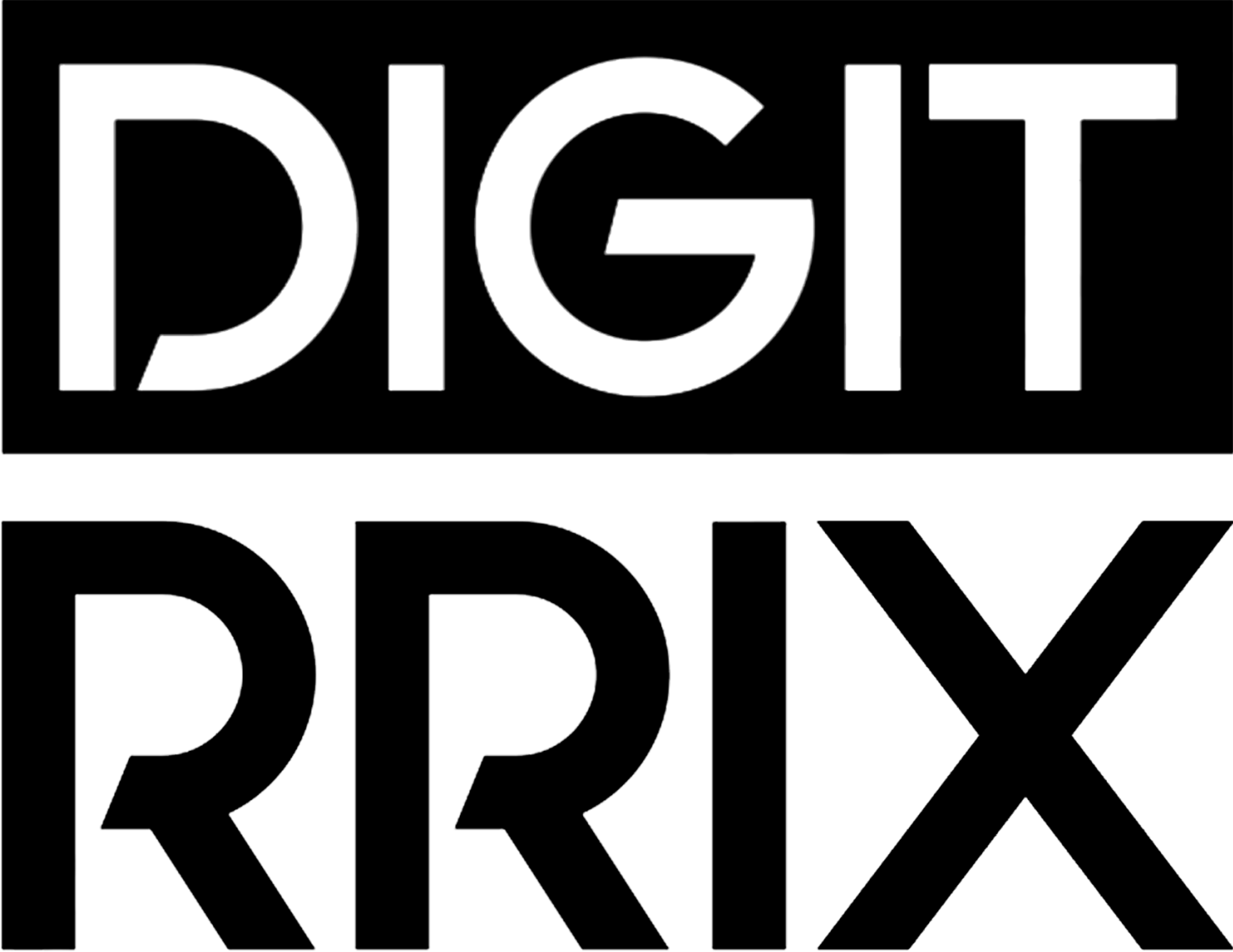
Unleashing the Power of Digital Marketing in 2025
As we look ahead to 2025, the landscape of Digital Marketing is poised for unprecedented transformation. The rapid evolution of technology, particularly the rise of artificial intelligence, is reshaping how brands connect with their audiences and build lasting relationships. Moreover, emerging trends are increasingly influencing marketing strategies, compelling businesses to adapt and innovate. In this post, we will explore the key trends that are set to define the future, examine how to harness the power of AI effectively, and discuss the essential metrics that will measure success in the dynamic world of digital engagement. Get ready to unleash the full potential of your marketing efforts and stay ahead in this competitive arena.
The Future Landscape of Digital Marketing in 2025
As we approach 2025, the landscape of Digital Marketing is set to undergo significant transformations driven by technological advancements and evolving consumer behaviors. Businesses need to stay ahead of the curve to leverage these changes effectively. One of the prominent shifts is the increasing reliance on data-driven decision-making. Companies will be empowered by powerful analytics tools that offer insights into consumer preferences, enabling them to tailor their marketing strategies more effectively.
Moreover, personalization will take center stage, as businesses look to provide a more custom-tailored experience for each customer. With the rise of AI algorithms capable of analyzing vast amounts of data, marketers will be equipped to segment audiences with precision. This will not only enhance customer satisfaction but also drive conversion rates, creating a win-win scenario for brands and consumers alike.
Another crucial aspect of the future landscape will be the growth of multi-channel marketing. Consumers are accessing content through an array of platforms and devices; therefore, a seamless experience across these channels will be essential. Brands that integrate their strategies across social media, email, online ads, and traditional media will stand out in an increasingly competitive arena.
Additionally, social responsibility will play a pivotal role in brand perception. Companies that prioritize sustainability and ethical marketing practices are likely to resonate better with today’s socially conscious consumers. Therefore, integrating these values into the core of Digital Marketing strategies will not only foster loyalty but also enhance brand reputation.
In summary, as we move into 2025, the future landscape of Digital Marketing will be characterized by a data-driven approach, enhanced personalization, multi-channel strategies, and a focus on social responsibility. Marketers who adapt to these trends will thrive in a dynamic digital ecosystem, ensuring their brand remains relevant and impactful.

Key Trends Shaping Digital Marketing Strategies
As we step into 2025, Digital Marketing is poised for groundbreaking transformations. The ever-evolving technological landscape plays a pivotal role in shaping marketing strategies, leading brands to rethink their approaches and embrace innovation. Here are the key trends that are set to redefine the contours of Digital Marketing strategies in the upcoming year:
1. Personalization at Scale: Customers expect tailored experiences that resonate with their specific needs. Advances in data analytics and artificial intelligence enable marketers to design personalized campaigns at scale. Brands can leverage customer data to craft targeted emails, product recommendations, and content that speak directly to individual preferences. This level of personalization fosters customer loyalty and enhances the overall buying experience.
2. Voice Search Optimization: With the increasing prominence of virtual assistants like Siri and Alexa, optimizing for voice search is becoming imperative. Brands need to focus on natural language processing and long-tail keywords to ensure their content is discoverable in voice-assisted searches. This shift changes how businesses create content, shifting from traditional keyword strategies to more conversational formats.
3. Video Content Dominance: Video continues to outperform other content types, capturing attention and driving engagement. In 2025, brands should capitalize on live streaming, short-form videos, and interactive content. These formats not only grab viewer attention but also promote deeper emotional connections, ultimately leading to higher conversion rates.
4. Sustainability and Social Responsibility: Today’s consumers gravitate towards brands that reflect their values. In 2025, businesses must incorporate sustainability into their marketing strategies. Highlighting eco-friendly practices and social responsibility commitments will resonate with consumers, building trust and loyalty among environmentally conscious customers.
5. Enhanced Data Privacy Measures: With data privacy regulations tightening across the globe, marketers must navigate the complexities of compliance while still gathering actionable insights. Focusing on transparent data collection practices and effective customer communication will not only ensure legal compliance but also enhance brand credibility.
These trends signify a shift towards a more customer-centric approach in Digital Marketing, where adaptability and innovation will be crucial for brands seeking to thrive in the competitive landscape of 2025. Embracing these key trends will empower marketers to create strategies that not only meet customer expectations but also drive sustainable growth.
Leveraging Artificial Intelligence in Digital Marketing
In the rapidly evolving realm of Digital Marketing, Artificial Intelligence (AI) stands out as a transformative force that is reshaping strategies and approaches. By harnessing the power of AI, businesses can significantly enhance their ability to understand customer behaviors, predict trends, and personalize marketing efforts effectively.
One of the primary benefits of integrating AI into Digital Marketing is data analysis. AI algorithms can analyze vast amounts of data at unparalleled speeds, extracting valuable insights that help marketers understand consumer preferences. This streamlined data processing allows companies to identify emerging trends, optimize campaigns, and craft targeted messages that resonate with their audience. For instance, AI-powered tools can determine which content types are most engaging to different segments of a customer base, empowering marketers to make data-driven decisions.
Additionally, AI enables personalization at scales previously unattainable. By utilizing machine learning algorithms, businesses can tailor their marketing messages to each individual based on their past behaviors, preferences, and even predictive analytics. This level of personalization fosters stronger connections with customers, leading to higher engagement rates and increased conversion opportunities.
Another significant area where AI demonstrates its potential is in chatbots and customer service automation. These AI-driven solutions enhance user experience by providing instant responses to inquiries around the clock. Consequently, businesses can ensure that their customers always receive attention and assistance, ultimately boosting satisfaction and loyalty.
Furthermore, AI’s ability to optimize ad placements through programmatic advertising enhances efficiency in budget allocation. By predicting the likelihood of conversions for various advertising channels, AI helps marketers invest their resources where they yield the highest returns.
In summary, leveraging Artificial Intelligence in Digital Marketing empowers businesses to unlock deeper insights, enhance personalization, streamline customer interaction, and optimize their advertising efforts. As we approach 2025, incorporating AI will not only be an advantage but a necessity for those looking to thrive in this competitive landscape.
Building Customer Relationships Through Digital Marketing
In the fast-evolving world of Digital Marketing, fostering strong customer relationships is more crucial than ever. As we approach 2025, businesses must harness the power of innovative technologies and personalized strategies to engage and retain their customers effectively.
Personalization stands at the forefront of modern customer relationship management. By utilizing data analytics and customer insights, brands can tailor their communications and offers to individual preferences. This not only enhances customer experience but also builds trust, leading to increased brand loyalty. For example, personalized email campaigns that reflect past customer behaviors or preferences can significantly improve engagement rates.
Additionally, social media platforms have revolutionized how brands interact with their audience. Channels like Instagram, Facebook, and TikTok provide a unique space for real-time engagement, where brands can communicate directly with their customers. By encouraging feedback and responding promptly, businesses can create a sense of community and transparency. This interaction not only humanizes the brand but also cultivates customer advocacy, as satisfied customers are likely to share their positive experiences within their networks.
Moreover, the emergence of chatbots and artificial intelligence can greatly enhance customer service. These tools enable businesses to provide instant, 24/7 support, addressing customer queries without delay. This immediacy fosters a positive customer experience, reinforcing the relationship between brands and their audience.
Investing in a robust Customer Relationship Management (CRM) system is also vital. CRMs allow businesses to track customer interactions over time, which aids in identifying trends and preferences. This invaluable data can help in crafting more effective marketing strategies that resonate with customers on a personal level, solidifying their ties to the brand.
Ultimately, building customer relationships through Digital Marketing in 2025 is about creating meaningful connections. By prioritizing personalization, leveraging social media interactions, utilizing innovative technology, and implementing effective CRM solutions, brands can establish lasting relationships that drive loyalty and growth.

Measuring Success: Metrics that Matter in Digital Marketing
In the increasingly data-driven world of Digital Marketing, understanding and measuring success is paramount. To effectively gauge the performance of your strategies, it’s essential to focus on key metrics that provide actionable insights into your marketing efforts. Here are the crucial metrics you should prioritize:
1. Conversion Rate: This fundamental metric illustrates the percentage of visitors who complete a desired action, such as making a purchase or signing up for a newsletter. A higher conversion rate indicates effective targeting and appealing content, making it imperative to continually optimize your landing pages and calls to action.
2. Customer Acquisition Cost (CAC): Knowing how much you spend to acquire a new customer can help inform your budget decisions and marketing strategies. By keeping this cost low while maximizing customer quality, businesses can enhance profitability and sustainability in the competitive landscape.
3. Return on Investment (ROI): Every marketing campaign should be evaluated based on ROI. This metric measures the revenue generated from your marketing investments, giving you comprehensive insight into which campaigns deliver the greatest financial impact and which may need reevaluation.
4. Engagement Metrics: Metrics like bounce rate, average session duration, and social shares are essential to understanding user interaction with your content. High engagement often correlates with greater brand loyalty and can indicate whether your content resonates with your audience.
5. Customer Lifetime Value (CLV): CLV quantifies the total revenue a business can expect from a customer over the entire relationship. By enhancing CLV through effective customer retention strategies, businesses can maximize profits while minimizing the need for excessive marketing spend.
6. Website Traffic: Monitoring both organic and paid traffic tells you how many visitors engage with your site. Tools like Google Analytics provide deeper insights into the sources of your traffic, helping you identify which channels yield the highest returns.
Focusing on these metrics not only allows a better understanding of current performance but also shapes future campaigns, driving growth and success in the evolving Digital Marketing landscape. By leveraging these metrics wisely, businesses can adapt their strategies to optimize performance and maximize results in 2025 and beyond.
Frequently Asked Questions
What are the key digital marketing trends anticipated in 2025?
In 2025, digital marketing is set to showcase several key trends, including increased use of artificial intelligence for personalized marketing and improved customer targeting. There will also be a rise in voice search optimization as more consumers utilize voice-activated devices. Additionally, video content will dominate, with platforms favoring short-form video for engagement. Brands will focus on enhanced user experience, utilizing AR and VR technologies to create immersive experiences that resonate with audiences.
How important is data analytics in digital marketing strategies for 2025?
Data analytics will play a crucial role in shaping effective digital marketing strategies in 2025. It allows marketers to gather deep insights into consumer behavior, preferences, and trends. By leveraging big data and advanced analytics, businesses can create highly targeted campaigns, optimize conversion rates, and improve customer retention. Moreover, real-time analytics will facilitate agile decision-making, helping brands to respond swiftly to market changes and consumer needs, ensuring their marketing remains relevant and effective.
What budget considerations should businesses plan for in digital marketing for 2025?
In 2025, businesses should allocate a significant portion of their marketing budget towards digital initiatives given the projected growth in online engagement. Key considerations include investing in SEO, content marketing, social media advertising, and advanced technologies like AI and analytics tools. It’s also essential to budget for continuous training and development of marketing teams to keep up with evolving trends and technologies. Proper allocation will ensure that businesses remain competitive and maximize their return on investment despite changing market dynamics.
How can small businesses compete with larger companies in the digital marketing landscape of 2025?
Small businesses can effectively compete with larger companies in the digital marketing landscape of 2025 by leveraging niche marketing strategies and focusing on personalized customer experiences. Utilizing cost-effective platforms for social media marketing can help gain visibility without extensive budgets. They should also capitalize on local SEO to attract nearby customers. Additionally, forming partnerships with influencers can amplify brand reach. By being agile and innovative, small businesses can create unique value propositions that resonate with targeted audiences.



